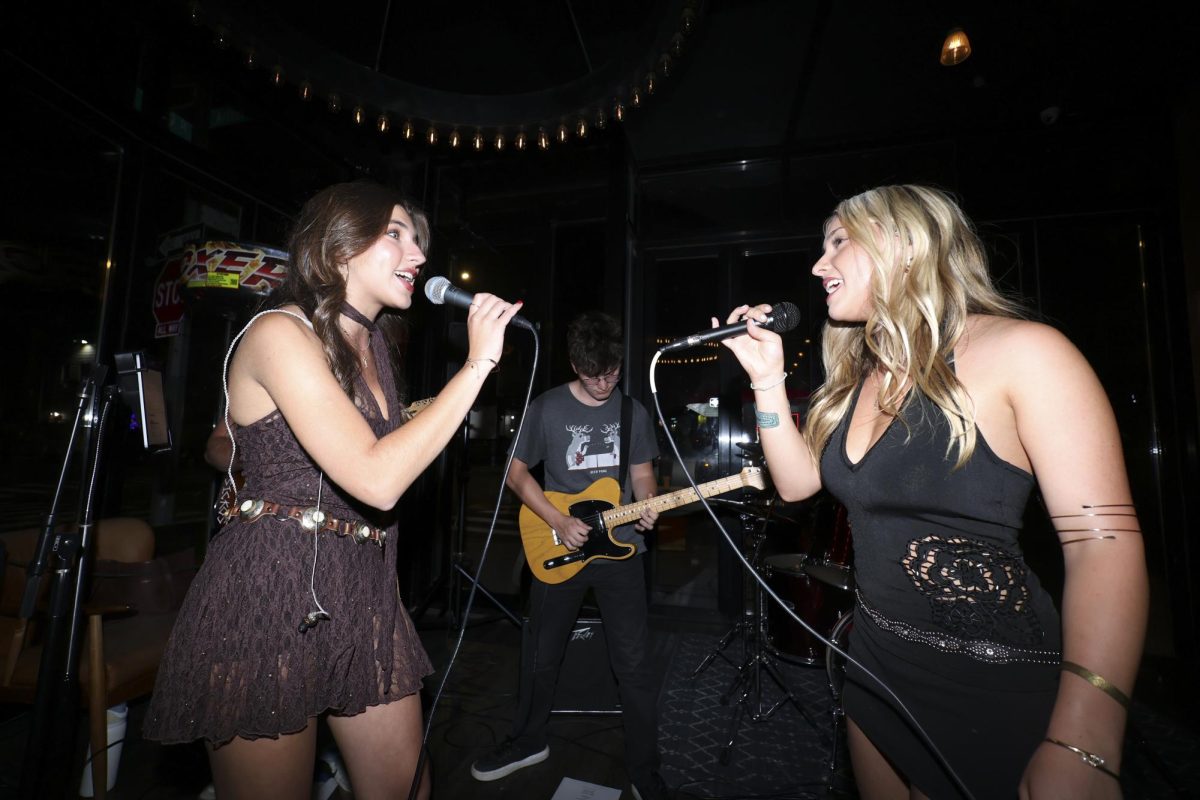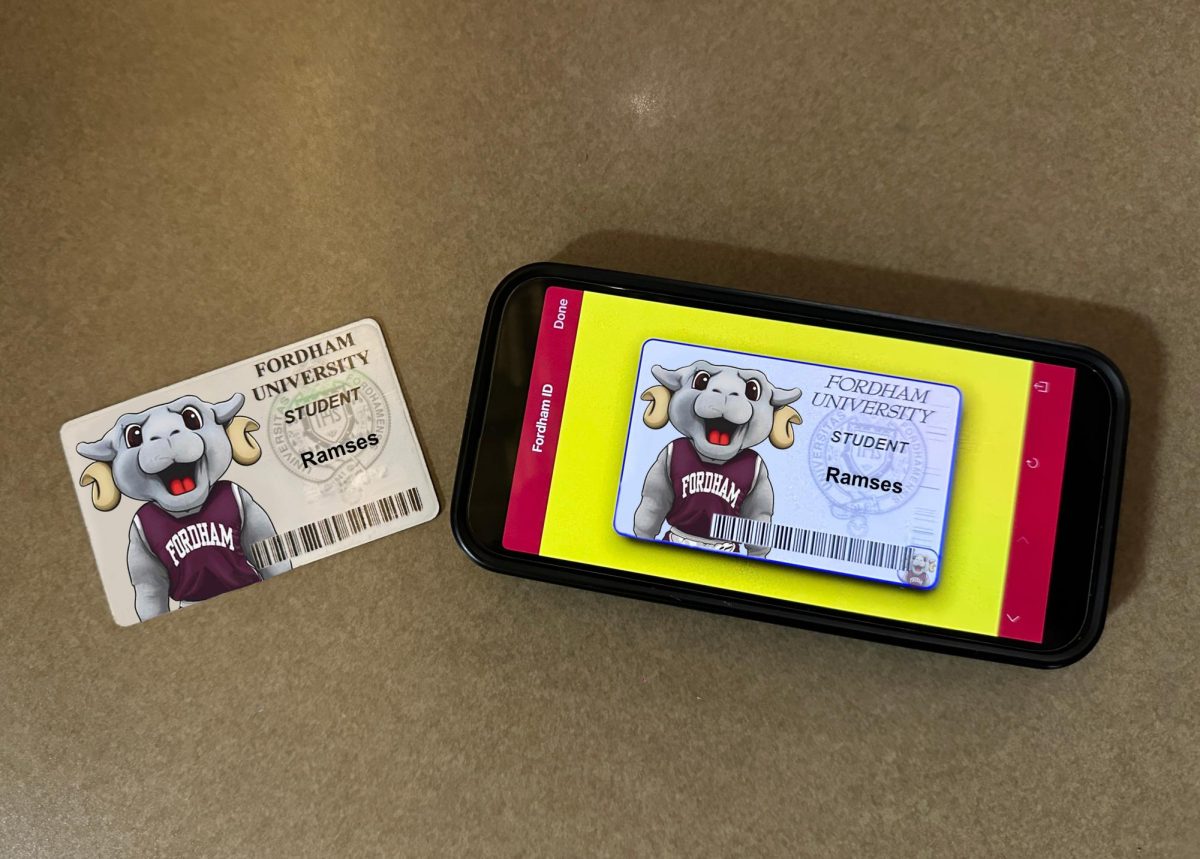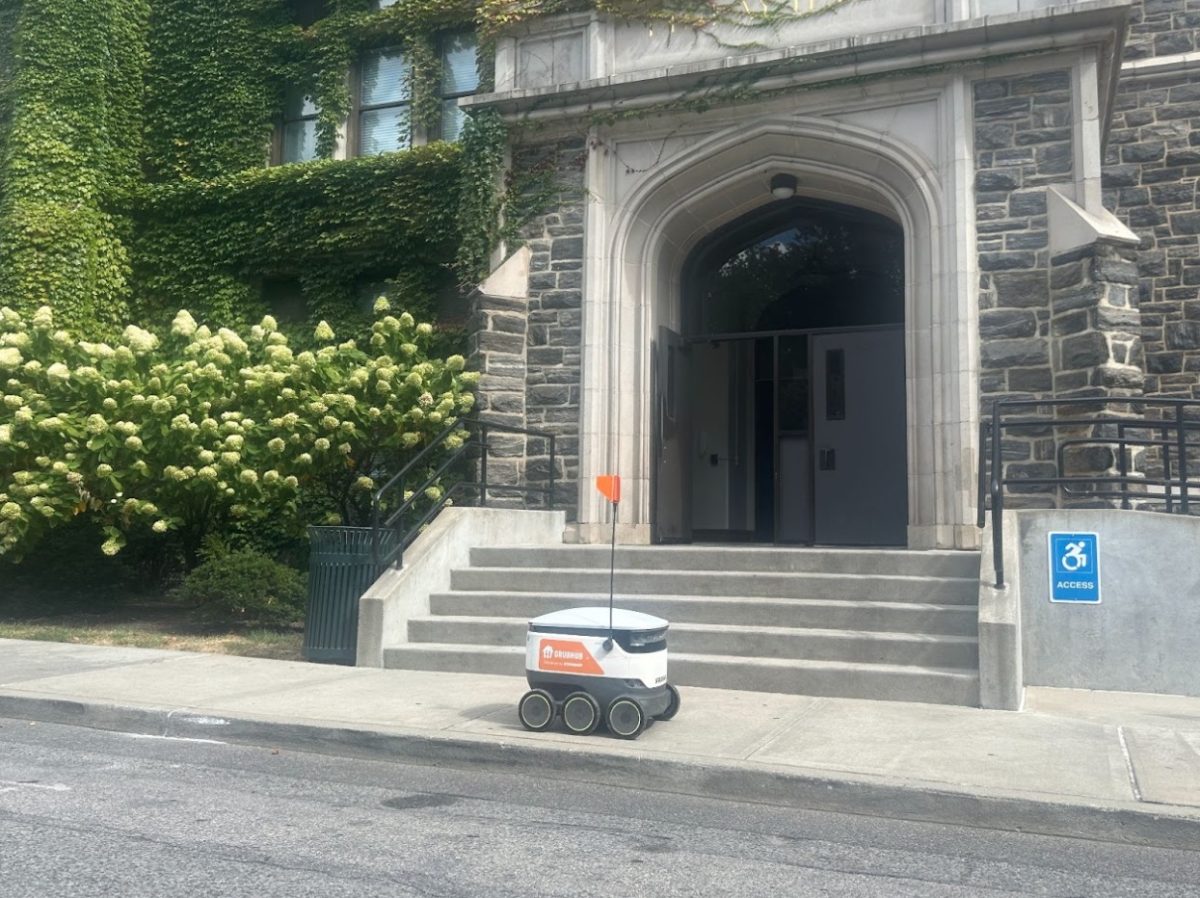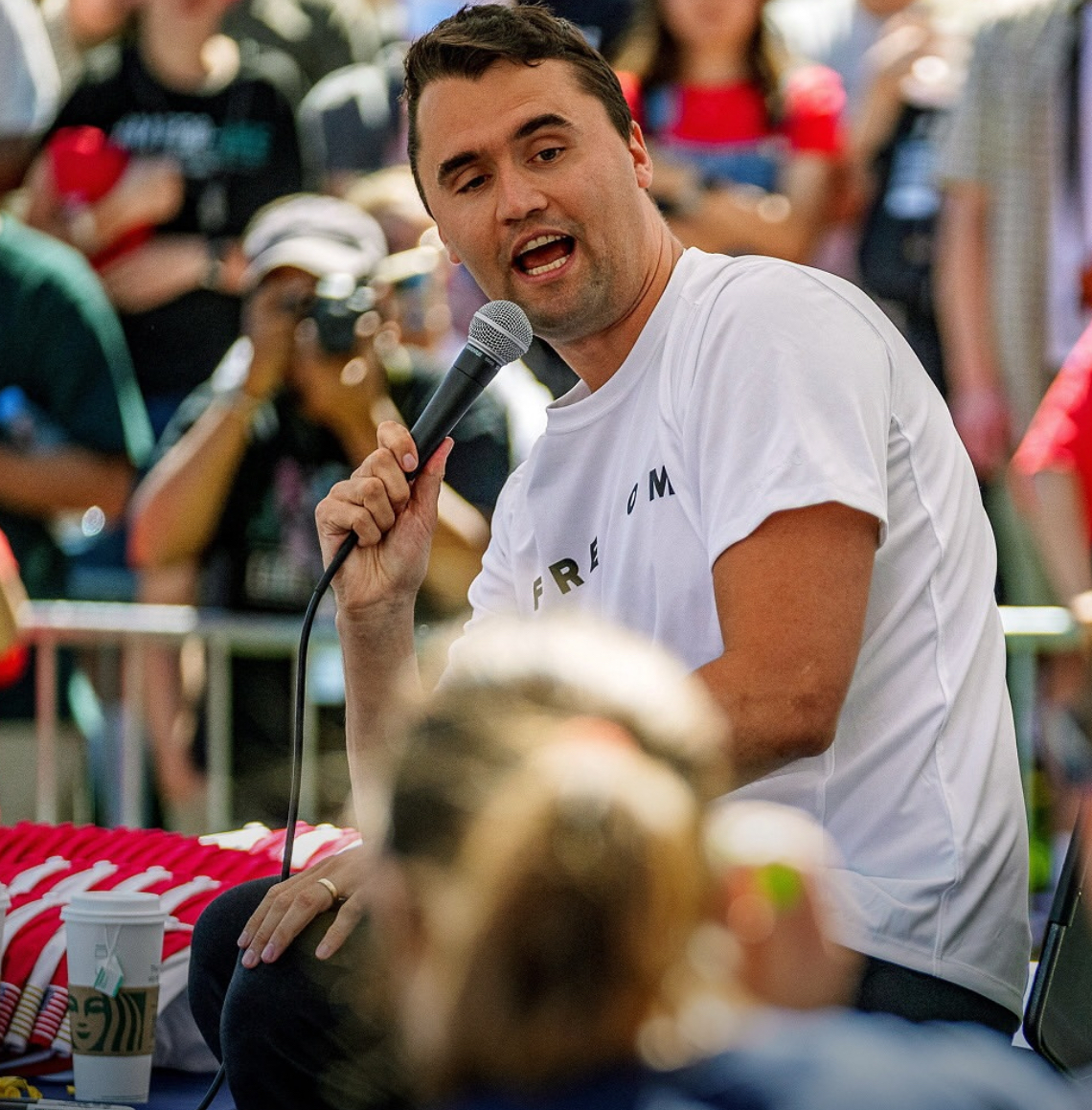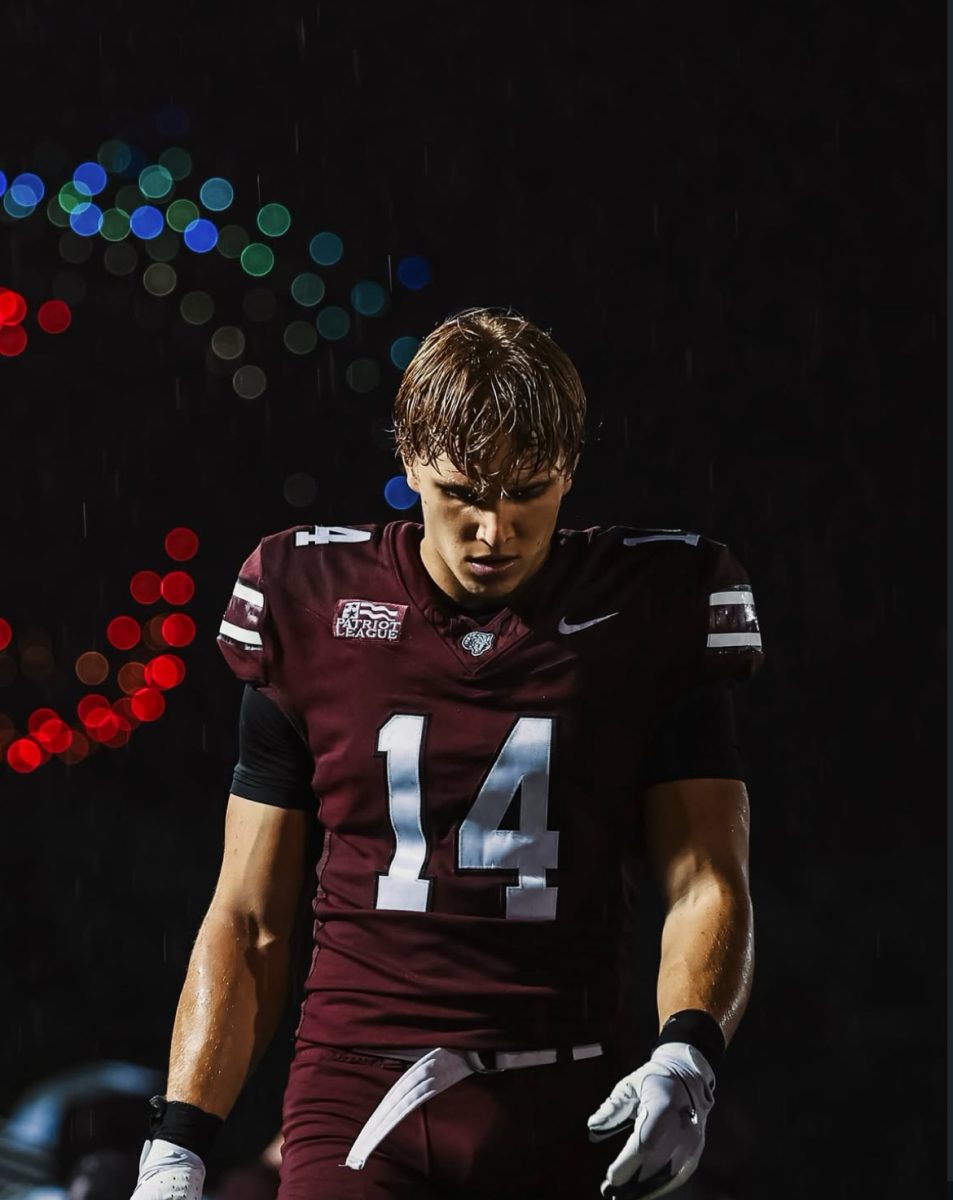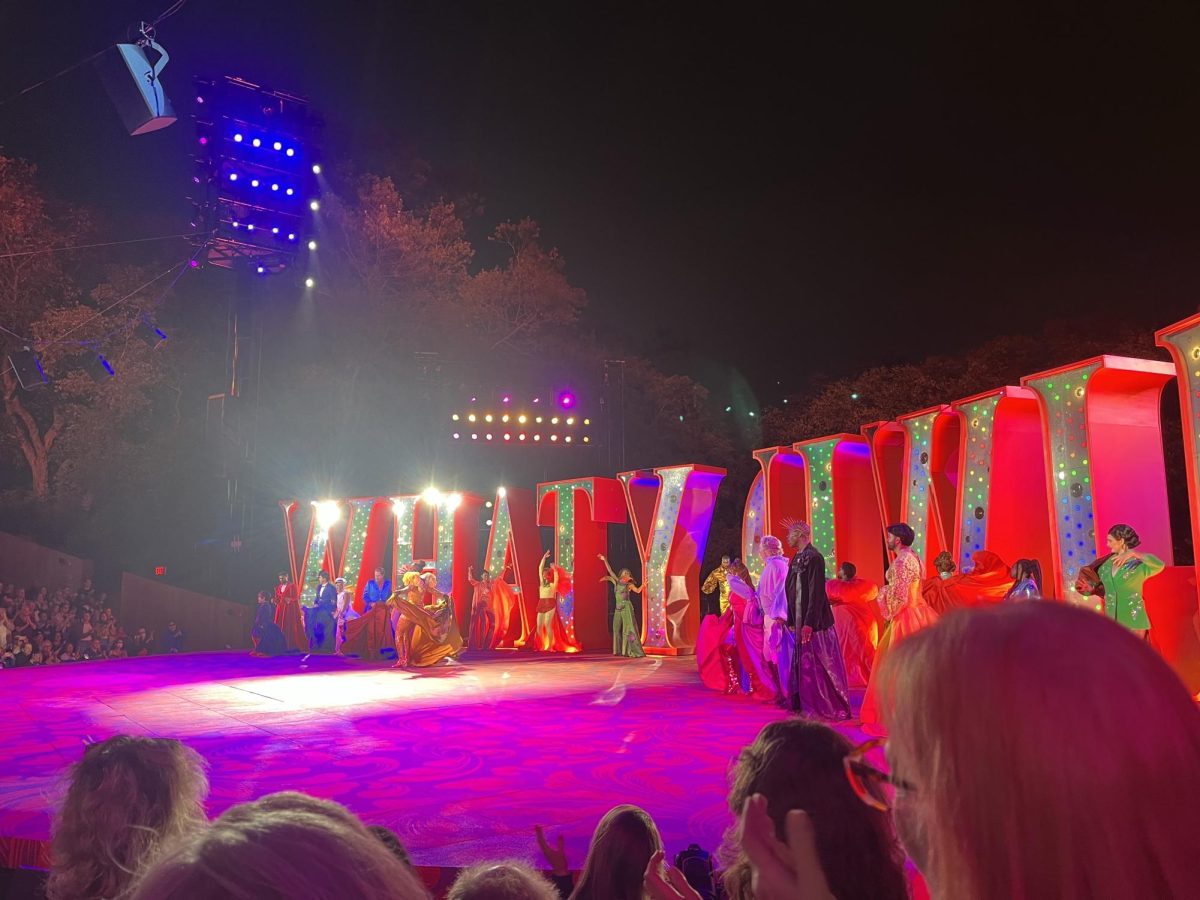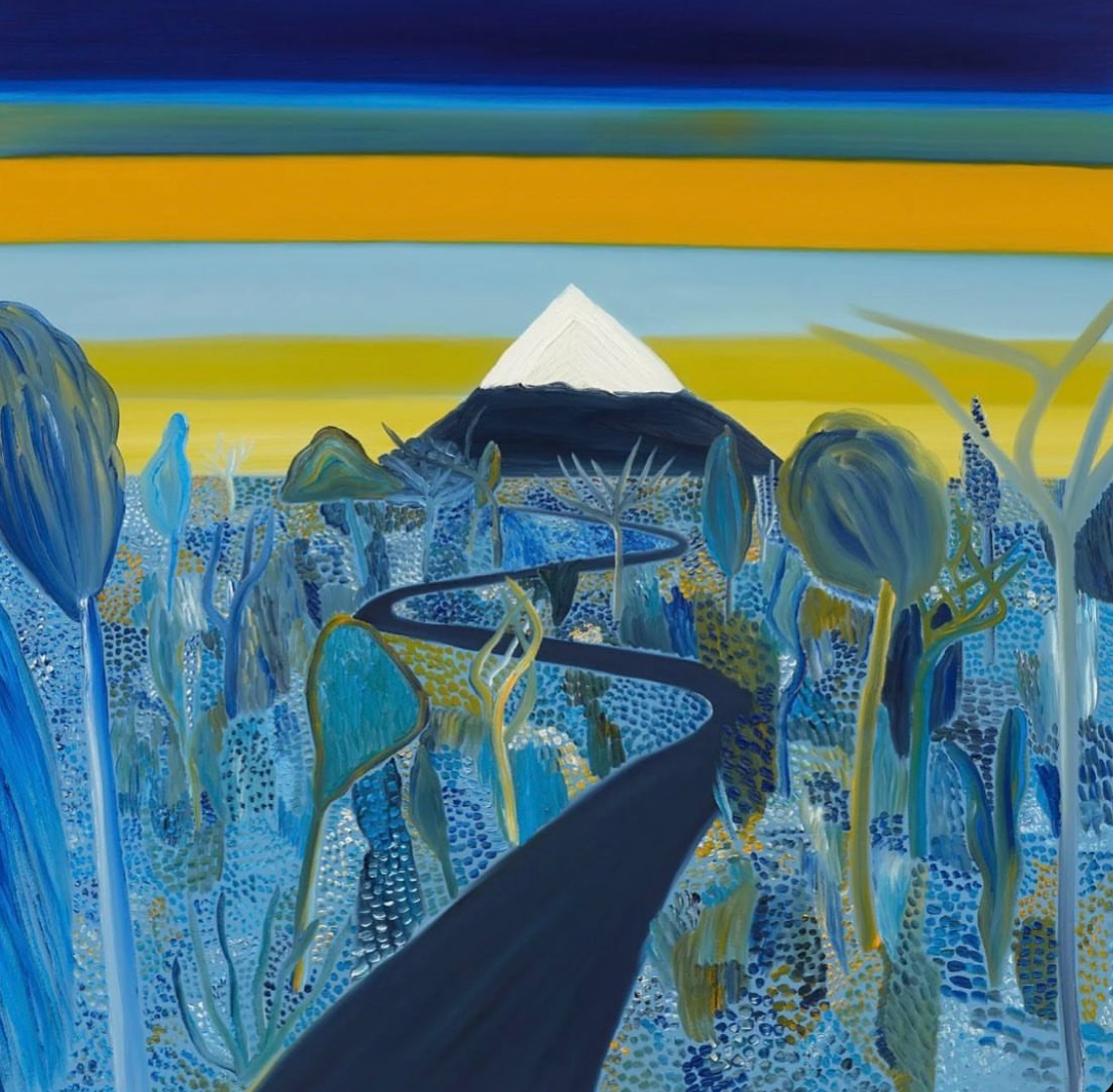By JOE VITALE
ASSISTANT OPINION EDITOR

There is a certain risk in producing a Yeah Yeah Yeah’s record in a, well, post-Yeah Yeah Yeahs and post-Strokes era. Today’s post-post-rock genre is one nostalgia of the booming New York City rock ’n ’roll scene that, in the early 2000s, surpassed the vibrancy and excitement of today’s downtown Brooklyn scene.
On with their fourth LP release, Mosquito, the Yeah Yeah Yeahs seem to be tired of being retro and even more exhausted of being wistful. They often fail to evoke the alternative, however, and the effect is an unfound post-rock vibe.There is a sense that each of the members (lead vocalist and pianist Karen O, keyboardist and guitarist Nick Zinner and percussionist Brian Chase) are suffering an identity crisis and none of them know where to look next. What they come up with is fragmented music, with some tracks pushing the idea of the Yeah Yeah Yeahs and others repressing it. The residual elements of the album remain truest to the group’s core and prove to be the scant memorable moments of the long- awaited release.
The title track has most of the elements that make the Yeah Yeah Yeahs great. Karen O’s voice stands at the front of the instrumentals with every sound slathered in distortion.The repulsiveness of the lyrics, however, manages to throw off every ounce of sonic pleasantry on the track. “Mosquito land on your neck/Mosquito drink whatever’s left/He’ll suck your blood,” Karen O shouts. Its biting ugliness is as grotesque as the album art, devoid of the aesthetics I falsely presumed the trio to know all too well.
Throughout the album, there are a handful of tracks that sound like teenage angst pouring out of the lips of a matured and aged rock star. The paradox is not graceful but gritty; the effect is repulsive anger devoid of passion. “Area 52,” for example, is composed of screechy guitars that hum on and on until the song ends with a cheesy zapping effect.
“Sacrilege” and “Subway” are two of the most unique tracks the Yeah Yeah Yeahs have put forward. The former closes with a booming chorus and is immersed in sweet guitar riffs chiming together, setting up Karen O’s voice booming the beautiful, rich sounds she is famous for producing. The latter maintains a falsetto over a rhythmic subway clanking sound in the background, during which Karen O produces some of the most engaging lines on the entirity of Mosquito: “Caught my reflection in the subway car/Though look at you whoever you are/I waited and I waited.”
There are a collection of tracks that embody what the Yeah Yeah Yeahs should be writing more often. On “Under the Earth,” for instance, the opening vocals kick in and Karen O’s voice is smothered in their signature reverb sound. The final minute of this track is one of the most beautiful moments on the album, playing out dark and dismal and sounds until you get to the point where you remember why you liked the Yeah Yeah Yeahs in the first place.
The parallel between the lyrics and the instrumentation on “Subway” seems to play out much of what the Yeah Yeah Yeahs were all about: a lonely subway ride somewhere in New York, looking for somebody but finding just yourself. The baseline template traces all the way back to 2003, with Fever to Tell and yet it seems nobody — not even the Yeah Yeah Yeahs themselves — know how to make the changes to progress, all while being mindful of the magnitude of why and where it all began.











